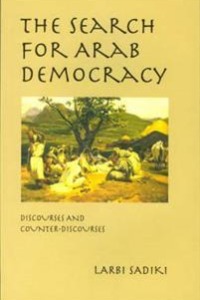
Waiting for the Dawn : A Plan for the Prince
Bok
The "Ming-i Tai-fang Lu "of Huang Tsunghsi (1610-1695) is unique in the history of Chinese Political literature. Since the time of Confucius and Mencius, no other work in the long Confucian tradition has stood out so clearly as a major critique of Chinese dynastic institutions. The importance of this work rests not only in its advocacy of basic principles of humane governance but also on its incisive analysis of the key institutions of imperial rule and political economy. Huang's treatise, though firmly grounded in classic Confucian teachings emphasizing government based on democratic principles, also incorporates significant elements from alternative schools of thought and reflects the long experience of Chinese dynastic rule subsequent to the great age of classical thinkers in the later Chou period. Huang draws together in a concise manner both his own original ideas and those others had expressed only in scattered form over two millennia. Later reformers and revolutionary leaders such as Liang Ch'i-ch'ao and Sun Yat-sen used Huang's essays in the Ministership, Law, the Schools, and the Land System to promote their own political aims. Modern scholars have confirmed Huang's stature as the most enduring and influential critic of Chinese despotism and have recognized his "plan" as the most powerful affirmation of a liberal Confucian political vision in premodern times.







